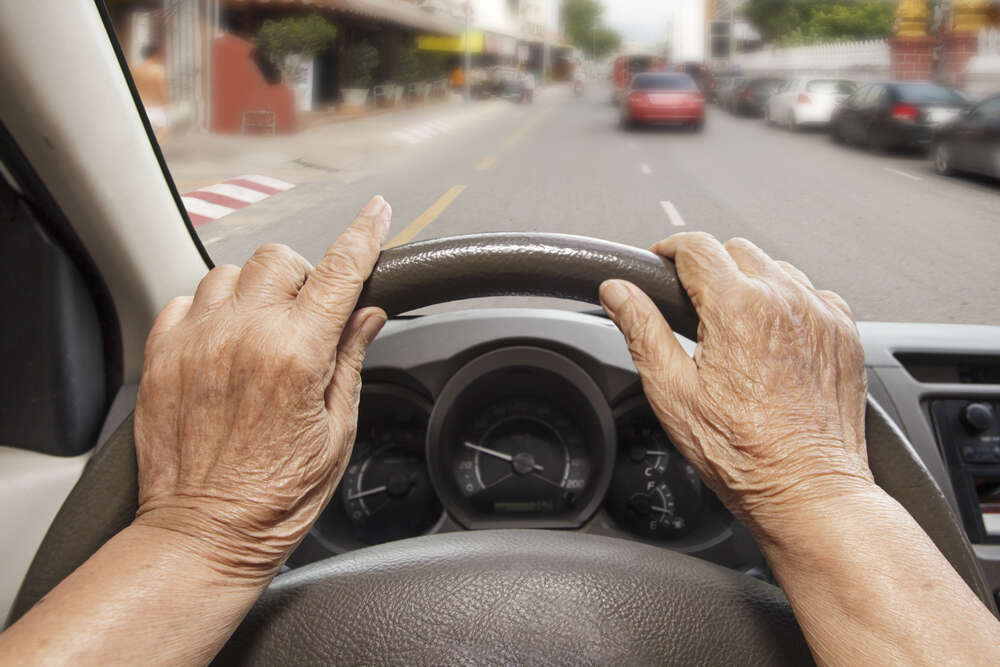
Senior drivers who have lived in cities all their lives are usually well accustomed to the specific challenges that come with driving in urban areas. But as we age, our driving skills can change. And especially as the cold weather and shorter days set in, it’s important to be aware of some potential issues that can trip up even the most experienced city driver. Here are four things to watch out for.

Slower reaction times
As we get older, our reaction time slows down. That can be a problem in the city, where there’s more traffic and congestion than ever before. And it’s not just the other cars on the road you have to watch out for. You must also keep an eye out for pedestrians who may be crossing, as well as cyclists using the bike lane.
To manage the issue of slower reaction times, give yourself plenty of time to get where you’re going so you don’t have to rush, and be sure to keep sufficient space between you and the vehicle in front. And if you can, avoid driving during peak hours when traffic is at its heaviest.
Fatigue
Driving on busy city roads is tiring work as it is, particularly if you’re travelling a lot, but senior drivers will naturally start to feel tired quicker. What’s more, fatigue can come as a side effect of many different medicines, so older drivers can be especially vulnerable.
Driving while fatigued can seriously affect our decision-making capabilities, and can ultimately increase the risk of being involved in a fatal crash. As a result, it’s important to be clued up on how to manage fatigue while driving, to help keep yourself and others safe.
Adjusting to tech
Technology can be incredibly useful in helping us to navigate some of the pitfalls of city driving. But if you’re not used to using digital devices in your car, they can make driving more difficult. Situations can change in the blink of an eye on city roads, which is why it’s all the more important to keep focused on your surroundings at all times.
If you’re not familiar with in-car technology or aren’t accustomed to how certain devices work, don’t experiment with them while driving on city streets. If you are eager to use new tech behind the wheel, take some time to get familiar with it on quieter roads before taking it out into busier areas.
Other distracted drivers
Even if you’re not using technology yourself, you must also consider the impact it could have on other drivers. With so many electronic devices vying for our attention these days, it’s no wonder that distracted driving is on the rise. And that can pose a serious threat to everyone on the road, especially seniors who may not be able to react as quickly to a distracted driver who swerves into their lane. The best defence against the unpredictable behaviour of other drivers is to stay aware of your surroundings and be prepared to take evasive action if necessary.
City driving can be challenging at any age, but it can be particularly tricky for seniors who may not be as sharp behind the wheel as they once were. By being aware of some potential issues that can arise, and taking the necessary steps to avoid them, you can help ensure that your next trip through the city is a safe one.
[Read more: The most dangerous roads in the UK for cyclists and pedestrians revealed]






